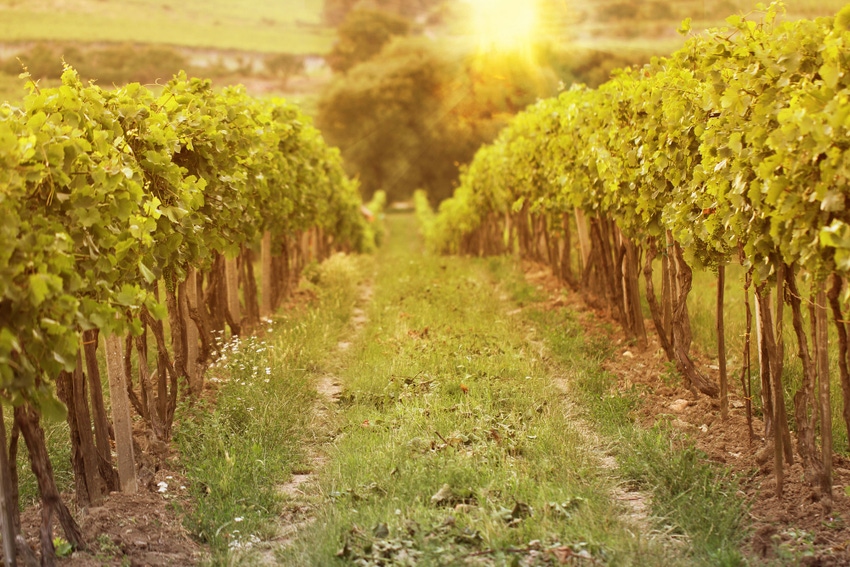
A team of researchers from an Indiana university is trying to help California grape growers improve their operations’ efficiency through use of technology.
A group from Purdue University led by engineering professor and researcher David Ebert is working to help farmers through the Big Ideas program orchestrated by the university’s Discovery Park multidisciplinary research facility in West Lafayette.
Ebert and his Purdue colleagues say they’re trying to help California growers get comfortable using technology without being overwhelmed by all the data.
“We’ve basically been looking at factors in how the growers can harvest technology that helps them to become more effective and more efficient in their operations and decision-making,” says Ebert, Purdue’s Silicon Valley professor of electrical and computer engineering.
The researchers say there are long-time farm owners who are only now starting to think about the new technologies that are available.
“Since it hasn’t been made intuitive to use and they haven’t grown up using it, they are uncomfortable blindly trusting what a computer is telling them to do, and they shouldn’t have to be,” Ebert says in a news release. “They need tools to make data understandable and useful to them in their operations.”
Vineyard owners are used to relying on their own years of experience as they watch their vines mature during the summer and perform other tasks to prepare for harvest, the researchers say. However, environmental restrictions and requirements are making the job more complicated, they assert.
Working with growers
Ebert works with growers and farm managers, including Julie Johnson of the Tres Sabores Estate vineyard in St. Helena, Calif., showing them how data can be used to improve a farm’s efficiency and avoid miscalculations that can affect production. Some vineyards he works with were planted in the early 1900s, he says.
Because grapes are perennial, some decisions by growers could have a 20- or 25-year impact on operations and profitability, the university notes. The data collected by new technology can help a grower forecast and understand multi-year impacts on the crop, including complex weather, the release explains.
Ebert tries to help growers understand how to adopt technology to boost their economic and environmental sustainability.
His effort comes as some counties in California are pushing for all of their vineyards to be certified sustainable, and newly formed local agencies under the Sustainable Groundwater Management Act are setting guidelines, the researchers observe. Vineyards also face uncertain growing conditions, they say.
“Trying to bring all of those factors together is a complex process,” Ebert says. “We’re working to bring all these limitations and data together in an understandable system so people have the policy constraints, economics, science basis, data analytics and their operations models combined into a simple dashboard to make better decisions.
“There’s an increasing trend for growers wanting these new tools, seeing real value in it and realizing that they need to move in this direction to be sustainable economically and environmentally,” he says.
For more news on pests, disease management and other issues affecting vineyards, subscribe to the bi-monthly newsletter The Grape Line.
About the Author(s)
You May Also Like






